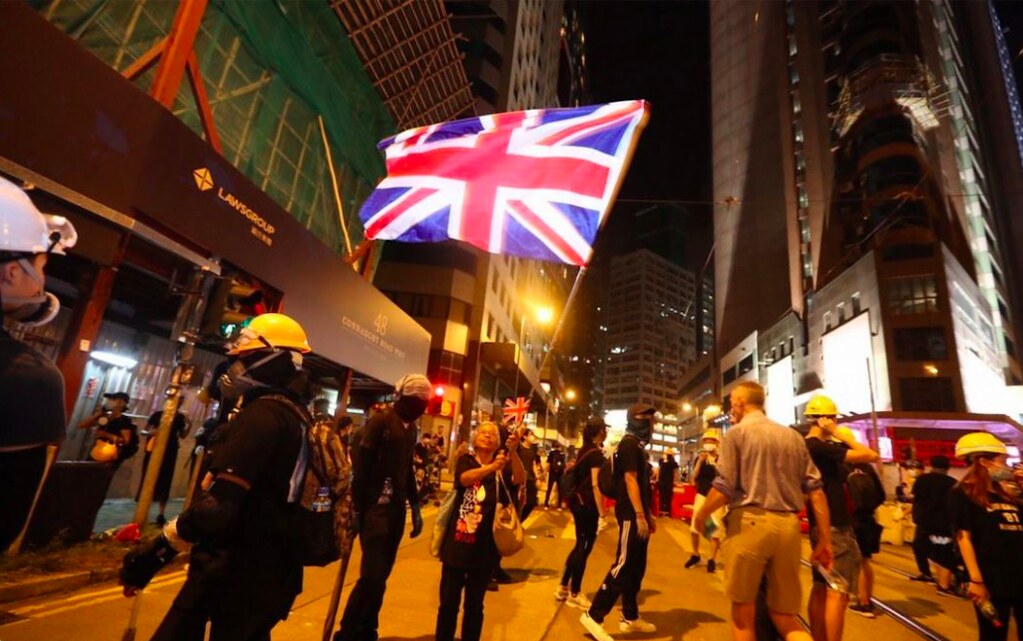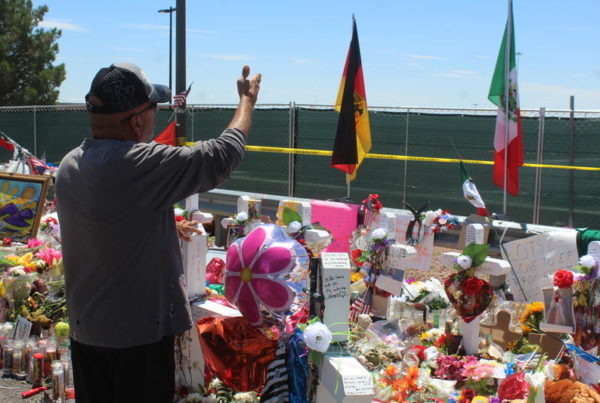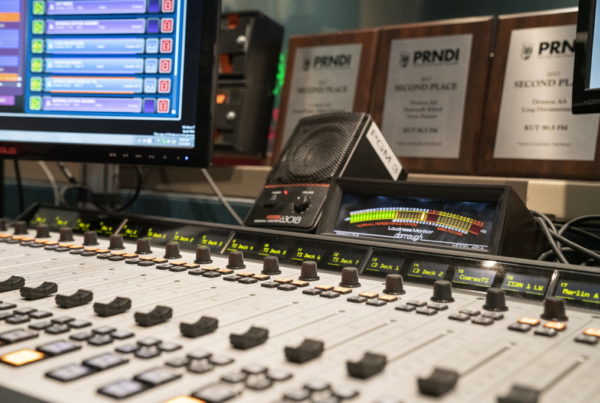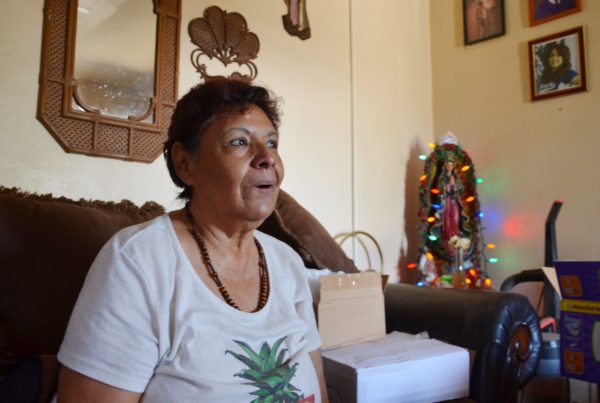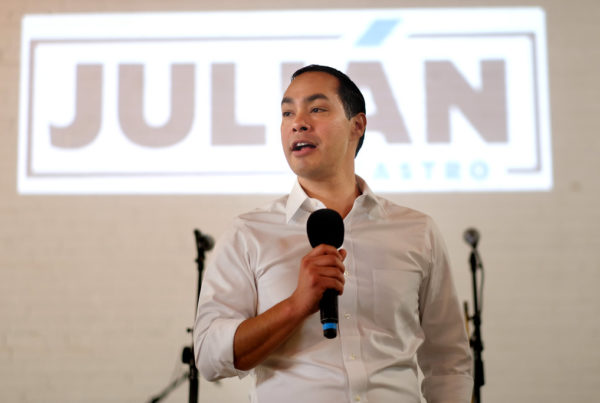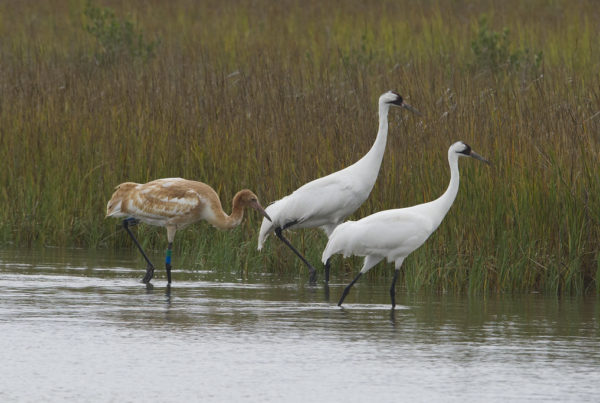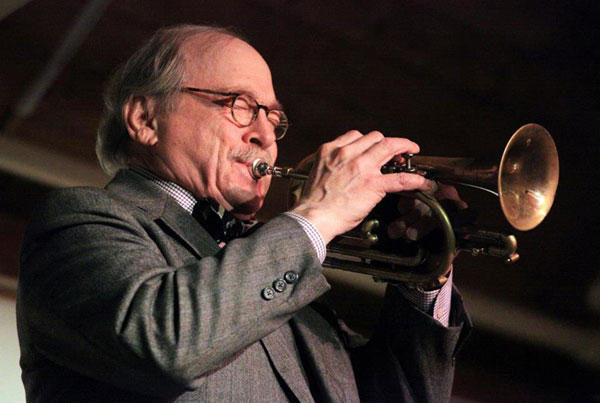A pair of major incidents, half a world away, have ballooned into global events, which could have ripple effects for Texans.
In Hong Kong, protesters – many of them young – managed to shut down the airport for a second straight day Wednesday, prompting ominous warnings from Beijing, which characterizes the demonstrations as terrorism and has demanded that police show no mercy.
In Russia’s Arctic Circle, there are reports about some kind of deadly explosion last week, and a spike in radiation levels. The New York Times reports that on the night of the incident some TV broadcasts were mysteriously interrupted with blue screens and vague warnings for people to stay home in anticipation of a storm with strong winds that never arrived. After days of official denials from the Kremlin, Moscow is beginning to talk about what it says really happened.
Jeremi Suri is professor of public affairs and history at the University of Texas at Austin’s LBJ School. He says both events are significant to U.S. international relations, but what’s happening in Hong Kong is most important right now.
“This is the future of democracy at stake here,” Suri says.
At the end of the last century, Hong Kong became a part of China, but it retained many freedoms that other Chinese citizens don’t enjoy – press freedom, greater entrepreneurial opportunity and more openness. Recent attempts by China to exert more control over the province have led to massive protests.
“The law proposed earlier this year would have allowed the Chinese government on the mainland to extradite anyone from Hong Kong, based on charges on the mainland, even if those charges were not recognized in Hong Kong,” Suri says.
The extradition proposal was shelved after the first round of protests in Hong Kong grew large enough to disrupt the economy.
“The protesters learned an important lesson,” Suri says. “If you want to … protect democracy, their voices need to be heard.”
Suri worries that the Hong Kong protests could result in a crackdown like that imposed after the 1989 Tiananmen Square protests in Beijing. He says the international community and the U.S. should respond with more support for the Hong Kong protesters; the U.S. has traditionally spoken out in support of those fighting for free speech and democracy.
“One of the great tragedies of the current moment is that we’re not paying attention to this story,” Suri says.
If China were to crack down in Hong Kong, increased tensions between the U.S. and China would be bad for Texas farmers and companies who do business there.
In Russia, mystery surrounds last week’s explosion. Suri says Russia has been expanding its nuclear weapons capability, particularly when it comes to cruise missiles that fly below radar and are difficult to intercept. The effort appears to include adding nuclear-powered engines to the missiles.
“They had a terrible accident – what appears to be a nuclear explosion in northern Russia – echoing what happened, to some extent, what happened in Chernobyl,” he says.
Earlier this month, the U.S. withdrew from the Intermediate-Range Nuclear Forces Treaty, or INF, which had been negotiated with Russia in 1987. That treaty regulated the kinds of low-flying missiles that Russia appears to be developing now.
“As the Russian military has crumbled in many ways, [Russian President Vladimir] Putin has been looking for ways to up his military power,” Suri says. “And developing these weapons again gives him an advantage. So he was cheating on the treaty, but the United States pulling out of the treaty, many would argue, gives him free rein.”
Written by Shelly Brisbin.


